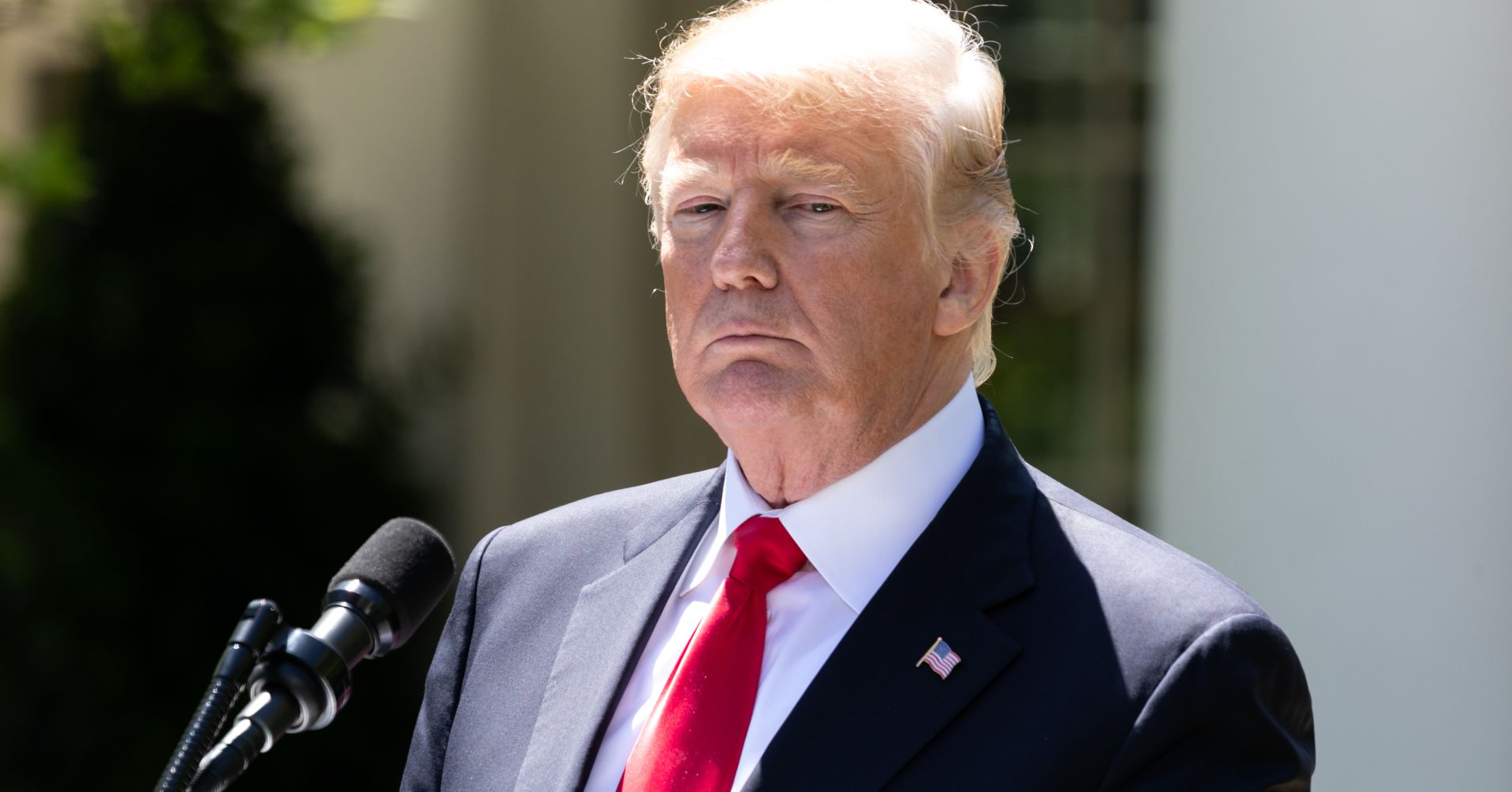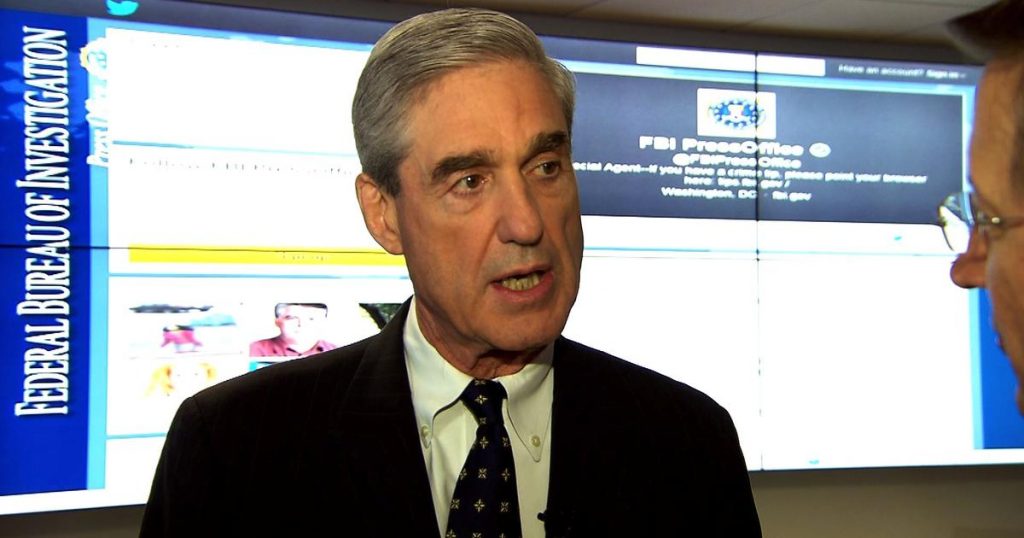
When Congress returns from recess after Labor Day weekend, lawmakers will have just 11 legislative days before an Oct. 1 deadline to pass new spending legislation or a stopgap funding bill to keep the government open, or risk the third government shutdown in 2018.
But the White House is considering at least one alternative option, according to three people who have discussed the idea with West Wing officials: A “partial shutdown,” in which President Donald Trump would sign stand-alone bills to fund the majority of the government, while reserving the right to veto others if they don’t include funding for the border wall.
“It hasn’t been ruled out,” said a senior administration official, who said there are multiple scenarios being discussed with GOP leaders. “But it hasn’t been ruled in, either.”
The strategy, said to be supported internally by senior policy advisor Stephen Miller and, to a lesser extent, budget director Mick Mulvaney, would eliminate traditional shutdown vignettes of withheld paychecks and closed national parks and veterans affairs facilities. It would allow the White House to exact leverage over a specific campaign issue before a potential party reorg in Congress — and prevent a forced signature on a wide-ranging and opaque spending bill that excludes his top priority.
“The president won’t sign another bill like the omnibus,” said one person who’s discussed the strategy with the White House, referring to the February $1.3 trillion bipartisan spending package on which Trump threatened a last-minute veto.
A second senior administration official said the current preference is not a shutdown but a Homeland Security bill that includes $5 billion in funding set aside for a wall along the southern border, a dollar amount Trump has signaled publicly he’d support.
Marc Short, former White House director of legislative affairs, said the president encouraged Republican leadership to stay in town in August to finish the piecemeal government funding bills.
“That [progress] benefits the president to isolate a national security or border security issue in any funding battle,” Short tells CNBC.
A senior GOP aide said Republican leaders in both chambers of Congress are aligned in wanting to make as much progress as possible on the 12 appropriations bills required to fund the government. So far, roughly three-quarters of the spending has been bundled into three “minibus” packages being negotiated — or set for future negotiation — between the House and Senate.
But it’s up to the White House, according to the aide, to decide how far it will push to fund the Department of Homeland Security and, within that, the border wall, which are not in the packages being considered. Neither is funding for the departments of Justice or Transportation, which also could become lightning rods in the debate because of money set aside for the Russia investigation or the Gateway tunnel between New York and New Jersey.
In late July, Trump tweeted he’d be willing to “shut down” the government if Democrats didn’t vote for his border package — despite the fact that he agreed privately with House Speaker Paul Ryan and Senate Majority Leader Mitch McConnell weeks earlier not to shut down the government ahead of midterms.
“The president wants to get border security done – whether it’s this month, next month, or December,” the first senior administration official said.
Spokespersons for both Ryan and McConnell told CNBC that they plan to address any government funding gaps through a continuing resolution, a short-term measure that would likely fund the government until late November.
“Congress doesn’t want a shutdown or an individual agency shutdown,” said Stan Collender, professor of public policy at Georgetown University. “They want to go home; they want to fundraise; they want to campaign.”

